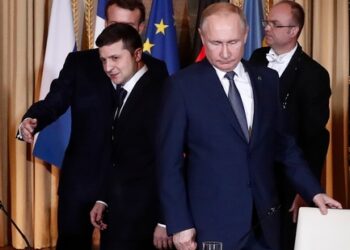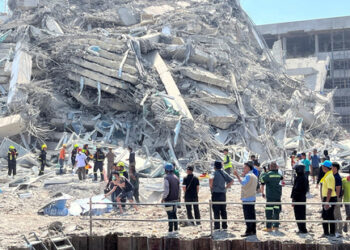Amidst a backdrop of strained relations and geopolitical tensions, senior military leaders from the United States and China participated in a crucial dialogue, marking a significant departure from the prolonged silence that had characterized their interactions.
The nature of the discussions and the topics addressed remain undisclosed, leaving international observers to question whether this dialogue signals a genuine effort to ease bilateral tensions or if it is merely a temporary truce amid broader geopolitical challenges.
The past year has witnessed a deterioration in U.S.-China relations, marked by trade disputes, cybersecurity concerns, and military posturing in the Indo-Pacific region. The resumption of high-level military talks raises questions about the potential for a reset in diplomatic relations.
The outcome of these talks could have far-reaching implications for global stability, given the influential roles that the United States and China play in international affairs. The world watches closely as the two military powers navigate a complex landscape of economic, technological, and security challenges.
Experts and analysts offer varied perspectives on the significance of this diplomatic breakthrough. Some see it as a positive step towards dialogue and conflict resolution, while others remain cautious, noting the longstanding and deep-seated issues that continue to strain relations.
The international community has responded with a mix of optimism and skepticism to news of the U.S.-China military talks. Allies and partners are monitoring the situation closely, recognizing the potential impact on regional and global security.
The resumption of high-level military talks between the United States and China introduces a new dynamic in the complex and often contentious relationship between the two nations. As details emerge and the implications become clearer, the global community remains attentive to any signs of a substantive shift in the diplomatic landscape.








 India
India












